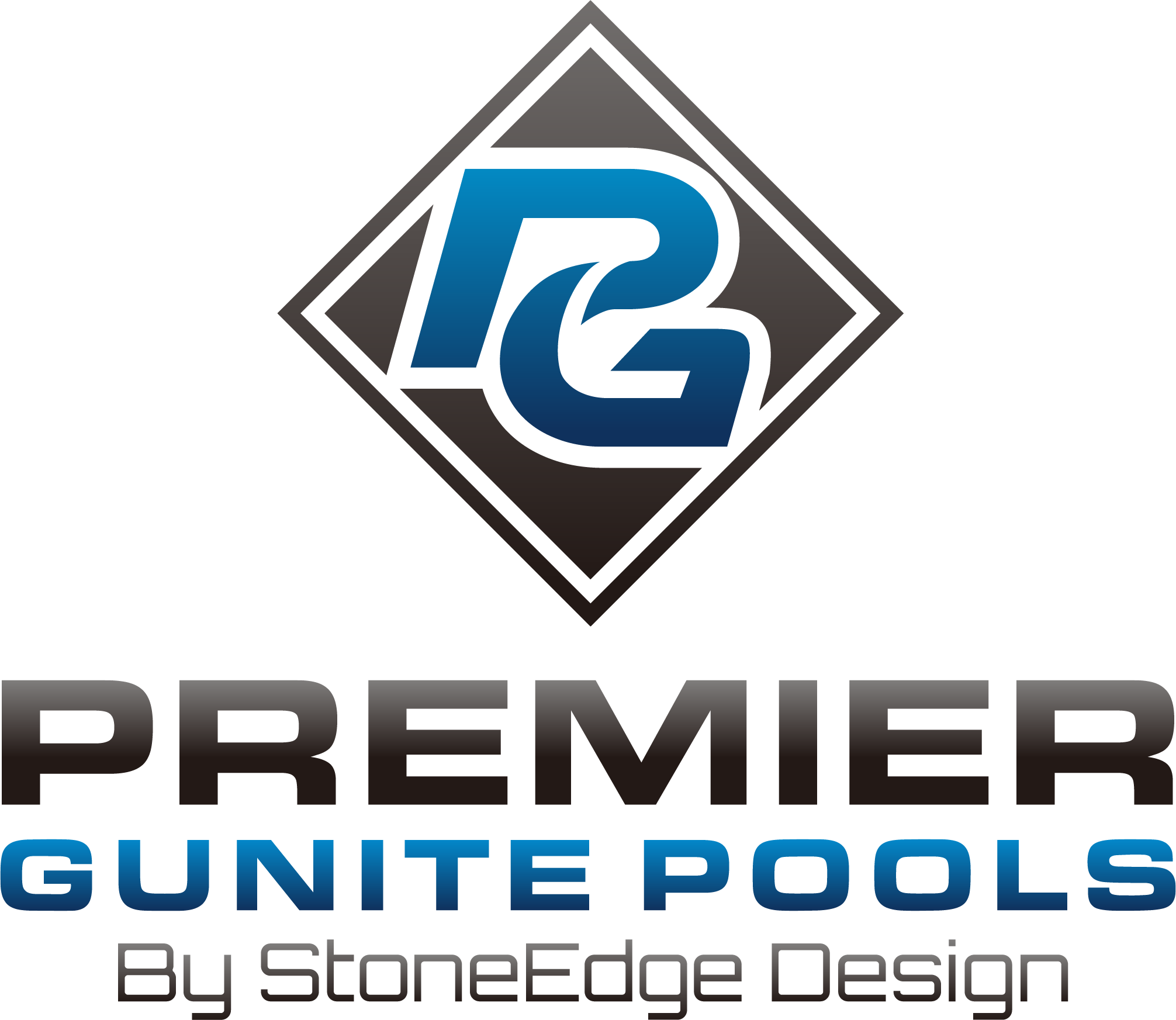How a Mason Achieves Durability in Portsmouth and Middletown RI Areas
There are few things more frustrating than spending time and money on a new patio, walkway, or retaining wall, only to find it crumbling and disintegrating within a few years. The secret is to never take shortcuts. Here is how a mason achieves durability in Portsmouth and Middletown, RI, areas.
Related: Including Classic Masonry in Modern Landscape Designs in Newport and Middletown RI Areas
The same considerations apply whether you’re building a natural stone or concrete patio, walkway, pool deck, paver driveway, retaining wall, outdoor fireplace, masonry planter, outdoor kitchen wall, pillars, or other vertical structures.
1. Inadequate footing
It’s easy to cut corners here: not excavating deep or wide enough, not using the right substrate materials, not tamping the materials thoroughly, and not securing the perimeter of the project are common issues that will ultimately cause a horizontal or vertical structure to fail. Natural stone is very heavy; and even though manufactured stone isn’t as heavy, it still needs to be adequately supported.
A good mason will never cut corners on footings or necessary reinforcing.
2. Poor drainage
Water, even when it’s not on the surface, can destroy a masonry project over time if it is not allowed to drain away. Water must drain; otherwise it will build up as immense pressure or the freeze-thaw cycle will cause water to expand any tiny cracks or crevices it can get into - and eventually cause cracking, heaving, sinking, crumbling, leaning and collapse. A common place for water problems is at the edge of a patio where it meets a seat wall or retaining wall. Once it seeps in between the horizontal and vertical elements - and it has nowhere to drain - it will remain there and cause problems.
A 3 foot retaining wall doesn’t necessarily require special reinforcing (taller walls do). But, it must have adequate drainage. Water-saturated soil wants to flow downhill; if moisture-laden soil pushes the wall over just a fraction of an inch each year, it won’t be long until the wall will collapse.
A reputable mason will install washed gravel and perforated drain pipes behind walls ensure that water drains out and never has a chance to build up behind walls. Patios and walkways are constructed with slight slope, so that water runs off and doesn’t seep into the jointing compound between pavers.
3. Not enough support (retaining walls)
Retaining walls will last longer if they are supported using metal rods set into the footing; and/or the wall leans “into” the slope, much as you would lean into a stuck door to push it open. The lean doesn’t have to be dramatic, but it can help extend the lifespan of a retaining wall.
Not all walls have to lean; a good mason will construct the wall with enough added structural support to keep a vertical wall sturdy, or use a setback technique to strengthen the wall.
4. No waterproofing on the soil side of a retaining wall
You never know if the water behind a wall is carrying dissolved salts or chemicals that could damage the wall materials and cause them to erode. A professional mason will apply waterproofing to the backside of a retaining wall structure, to prevent water from seeping into the wall.
5. Not securing edges of horizontal surfaces
Patio, driveway, and walkway pavers are designed to fit together like a puzzle. In the center, there is virtually no detectable movement. However, unless the outer edges are secured by a sturdy border, the outermost pavers could “migrate” into the surrounding soil. Eventually this will cause the rest of the pavers to come loose.
A durable border begins below grade, in the footings; and continues on the surface. A good mason will ensure that the border is more than just a decorative piece, but an integral part of the structure’s stability.

